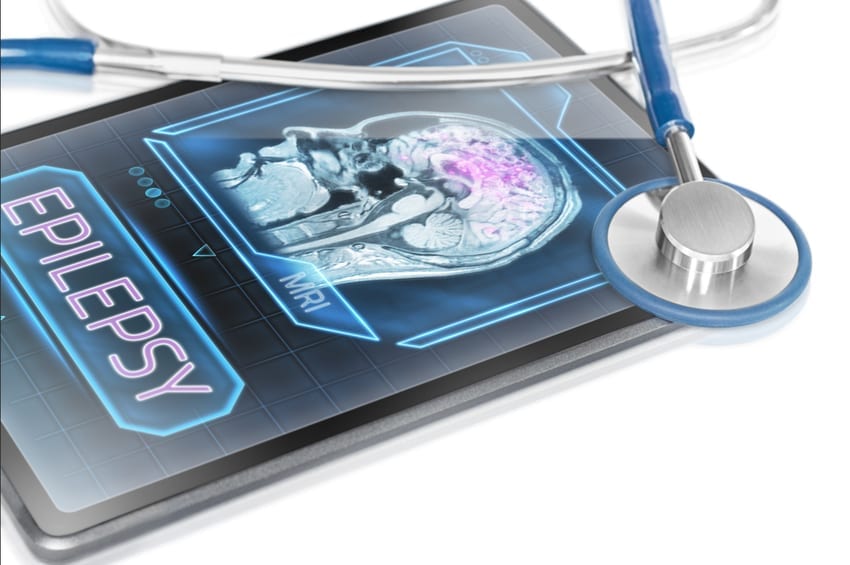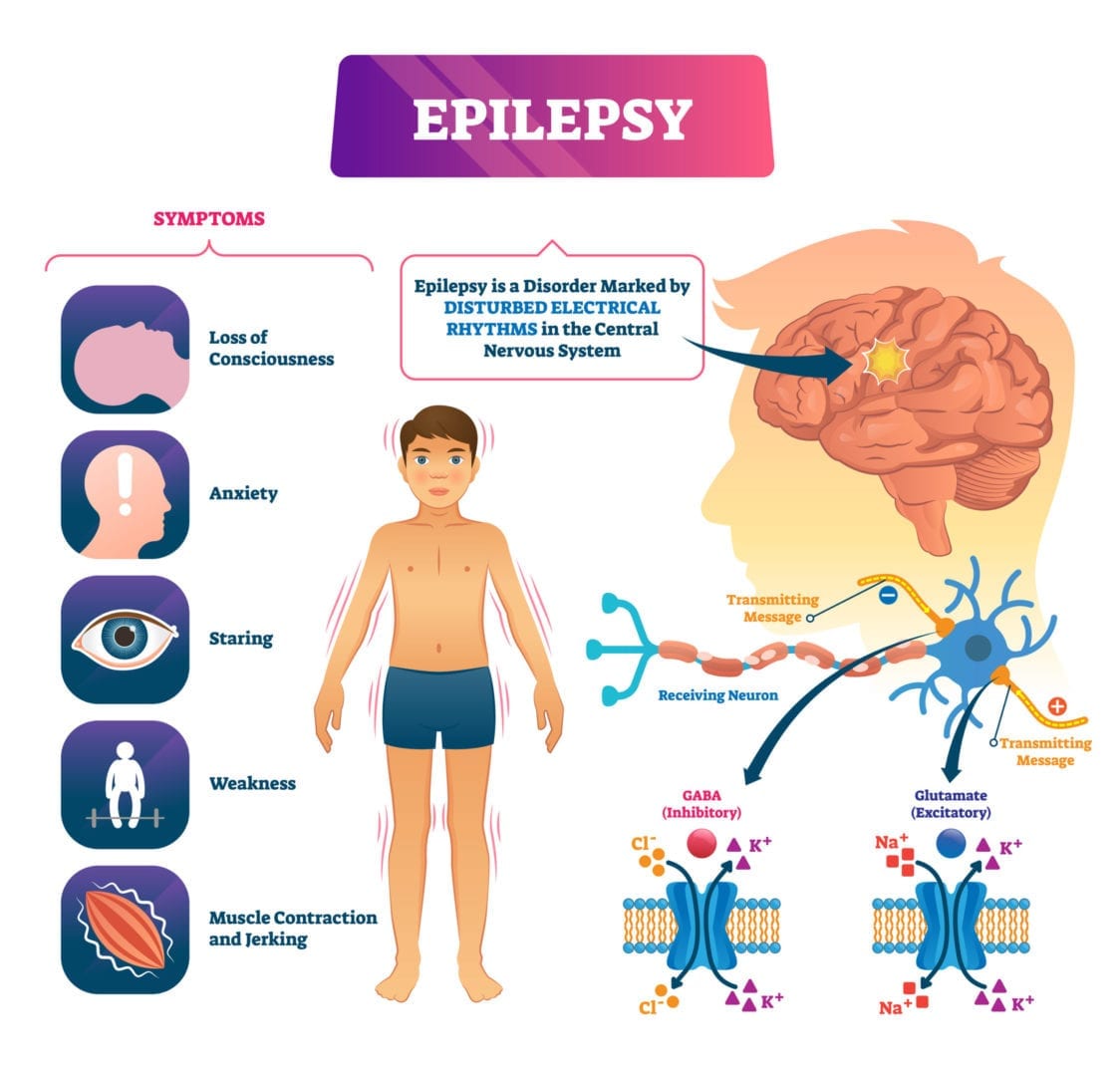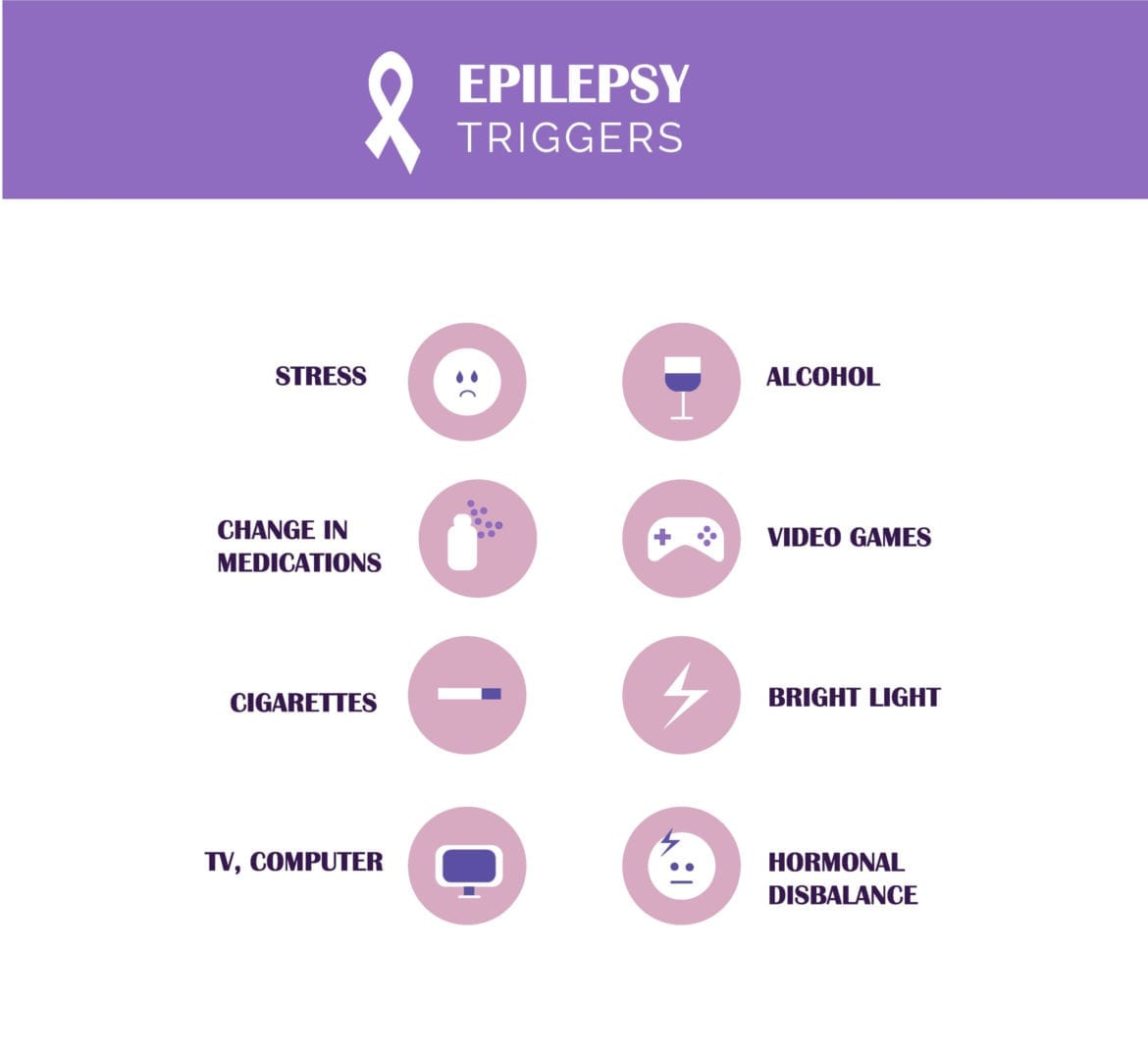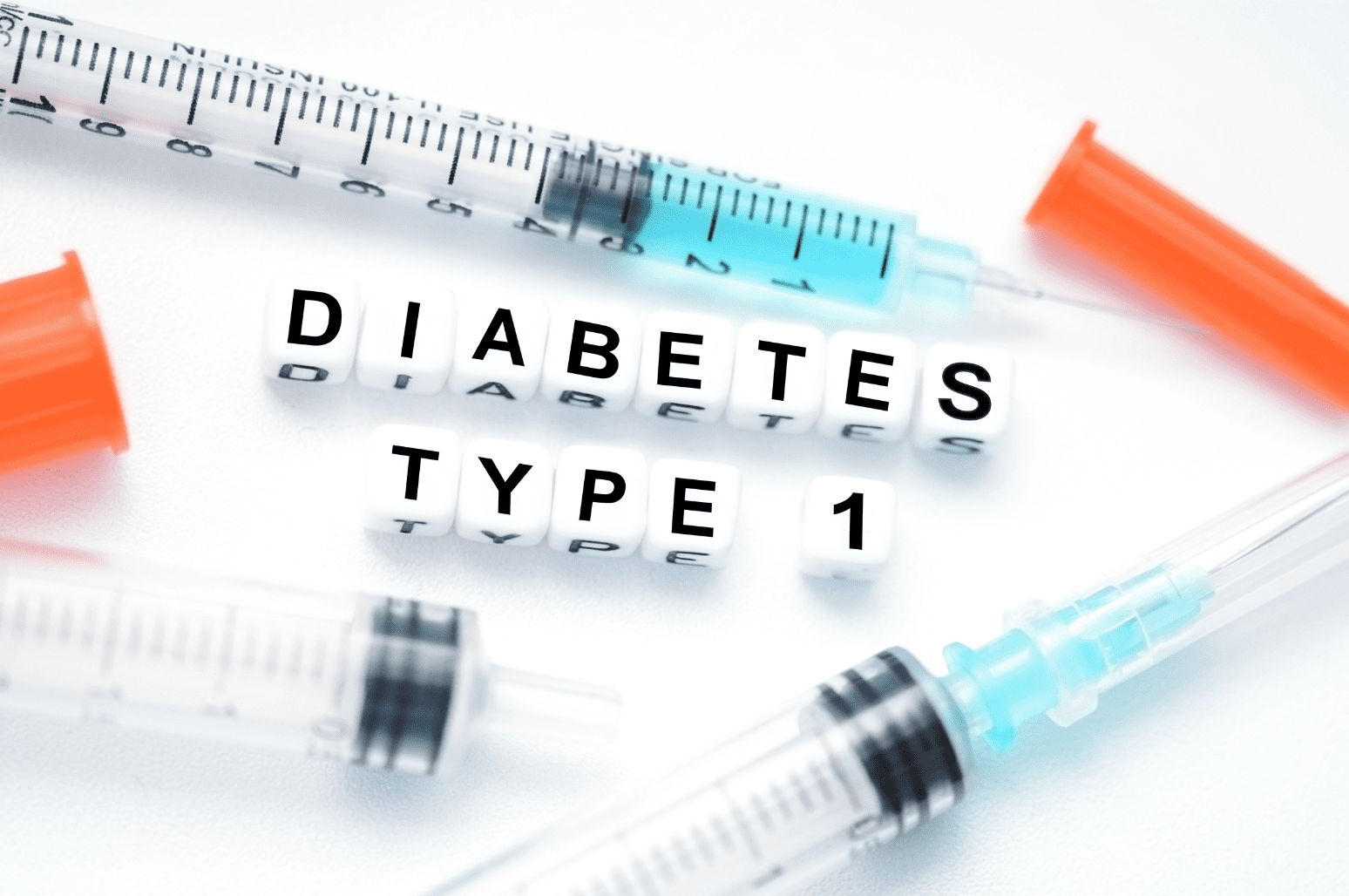
For decades the keto diet has been used in the treatment of epilepsy. A nutrient-dense high-fat, low-carb diet can benefit brain health, diabetes, epilepsy and other neurological disorders, and more.
What is Epilepsy?
Epilepsy is a central nervous system disorder (neurological) involving abnormal brain activity that results in unprovoked seizures or periods of unusual sensations and behavior. Some people with epilepsy also experience a loss of awareness.
A seizure is a rapid rush of electrical activity in the brain. Some people are unresponsive and stare blankly while others repeatedly twitch their legs or arms. Seizures vary, usually lasting anywhere from a few seconds to several minutes.
Epilepsy can be particularly dangerous, for example, if you have a seizure and fall you could break a bone or injure your head.
If you have a single seizure, it doesn’t necessarily mean you have epilepsy [1].

What Causes Seizures?
Seizures are caused by abnormal brain activity either in one or all areas of the brain. Increased levels of excitatory neurotransmitters are linked to seizures and may be caused by several factors including:
- Genetics
- Head trauma
- High fever
- Very low blood sugar
- Lack of oxygen to the brain
- Brain conditions, such as tumors or strokes
- Infectious diseases, such as viral encephalitis or meningitis
- Prenatal injury (usually due to infection in the mother or poor nutrition)
Certain factors might trigger a seizure, such as:
- Bright or flashing lights or patterns
- Caffeine
- Alcohol
- Specific foods or food products
- Medicines
- Stress
- Lack of sleep
Medications and other conventional medical interventions are often used to treat epilepsy. Studies show the ketogenic diet is another option or adjunct.

What Does the Research Show About Keto for Epilepsy?
The ketogenic diet forces your body to primarily use fat for energy instead of sugar. The ketogenic diet shifts your metabolism into an advantageous state called ketosis. Being in a metabolic state of ketosis can lead to changes in body biochemistry, including neurotransmitter levels.
Studies of people with epilepsy on a ketogenic diet show improvement in alertness, cognition, and attention. Mounting research points to a significant reduction in seizures in both children and adults when using the ketogenic diet [2] [3] [4] [5]Research reveals impressive benefits in children with epilepsy, with some reporting 50% and others reporting over 90% seizure reduction. In some cases, under close supervision, some children were able to stop the ketogenic diet after a few years and remain seizure-free. The diet allowed for discontinuation of medication without a relapse of seizures [6].
For more on how the ketogenic diet can benefit brain health and various neurological disorders, read our other informative articles:
- Remedy for Brain Disorders
- Brain on Ketones
- Living with 4 Brain Tumors
- Ketones: Your Brain’s Preferred Fuel Source
- Keto for Brain Health
Are You Using the Ketogenic Diet for Epilepsy?
How has the ketogenic diet helped your epilepsy and seizures? Do you have an epilepsy health transformation story to share with the ketogenic community?
References
Mayo Clinic. Epilepsy,
Van Berkel, A. A., Ijff, D. M., & Verkuyl, J. M. (2018). Cognitive benefits of the ketogenic diet in patients with epilepsy: A systematic overview. Epilepsy & Behavior, 87, 69-77.
Masino, S. A., Li, T., Theofilas, P., Sandau, U. S., Ruskin, D. N., Fredholm, B. B., Geiger, J. D., Aronica, E., & Boison, D. (2011). A ketogenic diet suppresses seizures in mice through adenosine A receptors. Journal of Clinical Nutrition, 121(7), 2679-2683.
Williams, T. J., & Cervenka M. C. (2017). The role for ketogenic diets in epilepsy and status epilepticus in adults. Clinical Neurophysiology Practice, 2, 154-160.
Gasior, M., Rogawski, M. A., & Hartman, A. L. (2006). Neuroprotective and disease-modifying effects of the ketogenic diet. Behavioural Pharmacology, 17(5-6), 431-439
Neal, E. G., Chaffe, H., Schwartz, R. H., Lawson, M. S., Edwards, N., Fitzsimmons, G., Whitney, A., & Cross, H. (2008). The ketogenic diet for the treatment of childhood epilepsy: A randomized controlled trail.The Lancet Neurology, 7(6), 500-506.








